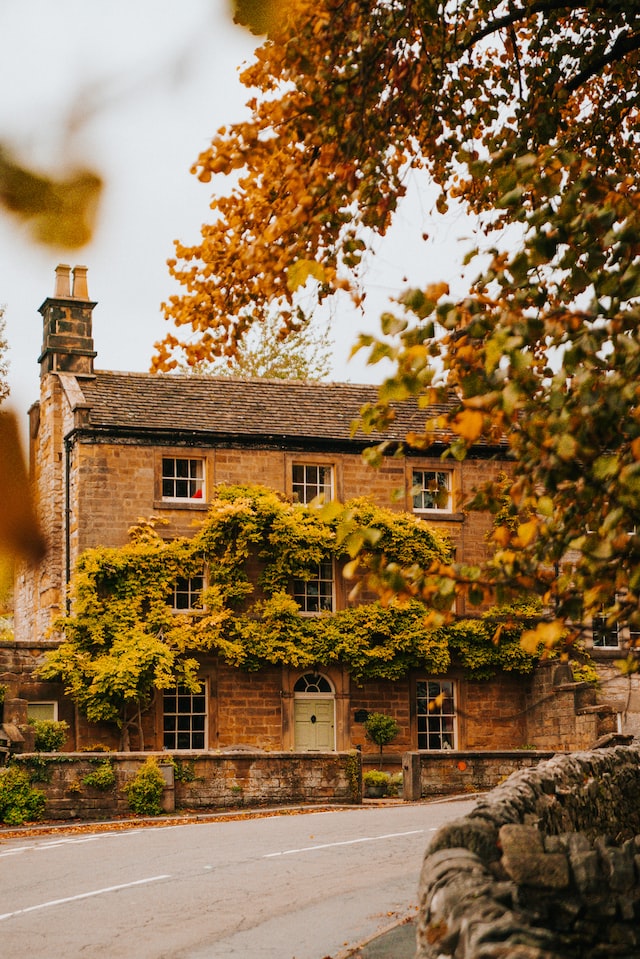Does my property need to be registered with the Land Registry?
If your property is currently unregistered, it must become registered when a triggering event happens. A triggering event can occur when the property is sold, a transfer of ownership is made, or through the death of a sole proprietor for instance. You can also register your home voluntarily with the Land Registry if you prefer to do so.
Most properties are now registered as this became mandatory in 1990 for the whole of England and Wales. However, some older property that has been owned for a long time may still be unregistered.
It is important that your house is registered with the Land Registry as there can be some risks attached to property that is unregistered and it can be disadvantageous if you do not register your home.

What happens if my house isn’t registered with the Land Registry?
Properties that are unregistered have physical title deeds which can be often unclear and inaccurate and it can be difficult to distinguish which boundaries belong to the property.
Additionally, physical deeds can be easily lost or misplaced which can be disastrous when trying to prove ownership or when trying to sell. Registered house details are kept electronically on the Land Registry which can be easily accessed at any time by anyone on a central database so it is easy to know who owns it.
If you want to sell your unregistered property, it can cause delays in the conveyancing process as you may need to prove that you own the property in other ways and not just with the title deeds.
Unregistered property is also more open to fraudulent activity because the title owners are unknown to the Land Registry as they are not accessible on the register. Therefore, it is difficult to notify them of Adverse Possession claims for instance.
Adverse possession claims are those in which squatters can claim legal ownership of land if they occupy it in a certain way for a certain period of time (usually 10 or 12 years). If someone makes such a claim on an unregistered piece of land such as a house or garden, then the owner of the property is unlikely to be aware of the claim as there may be no way of notifying them.
The Land Registry does not hold data on the unregistered land in England and Wales and states that around 14% of properties are still unregistered.
Overall, to avoid future problems it is wise to have your property registered with the Land Registry.